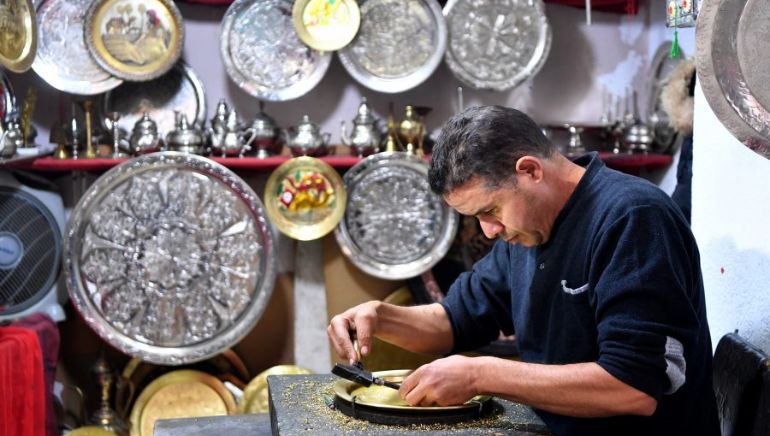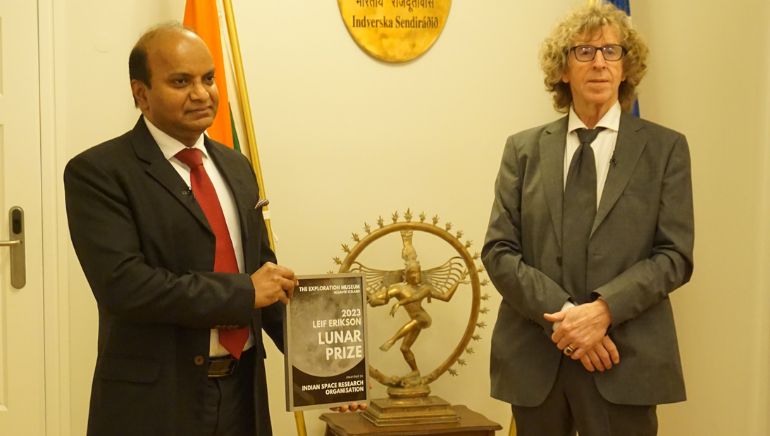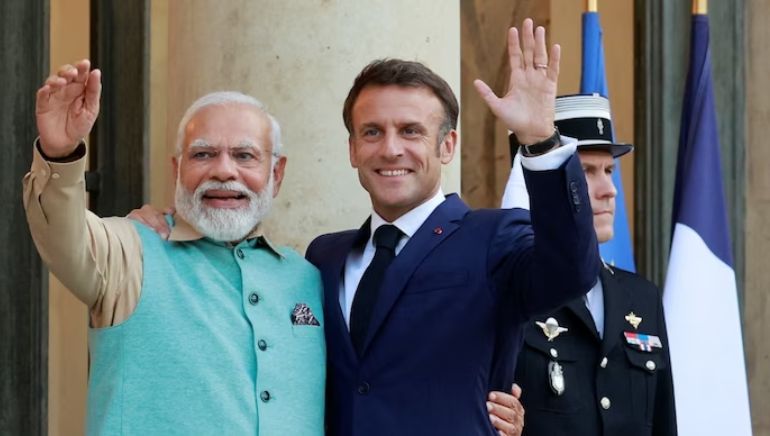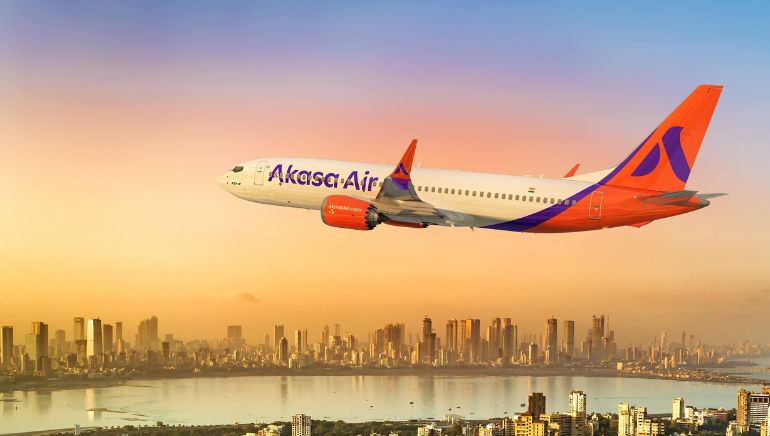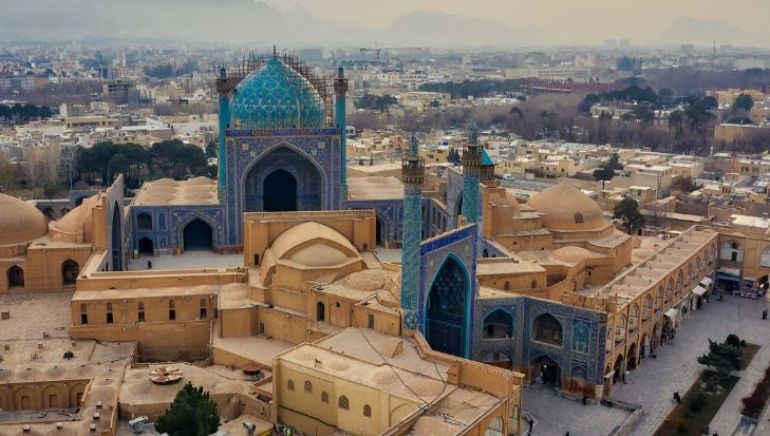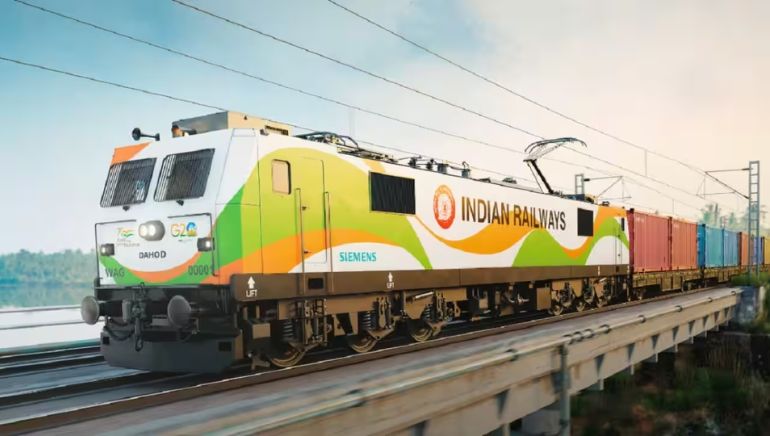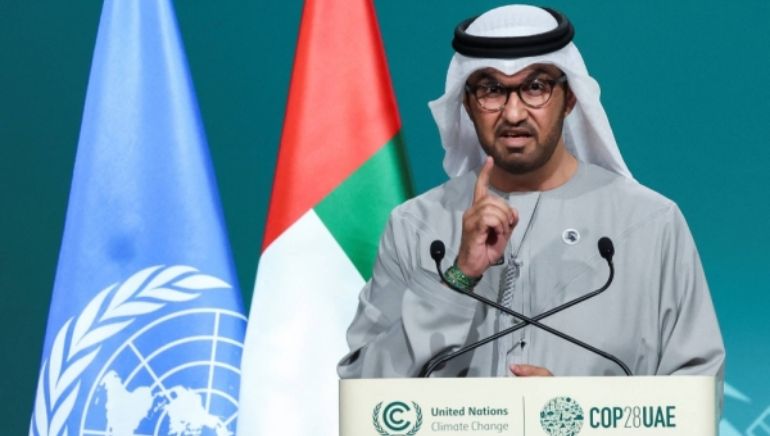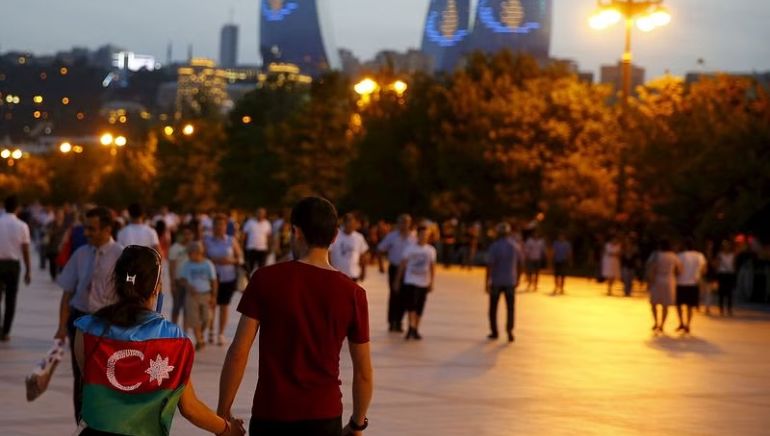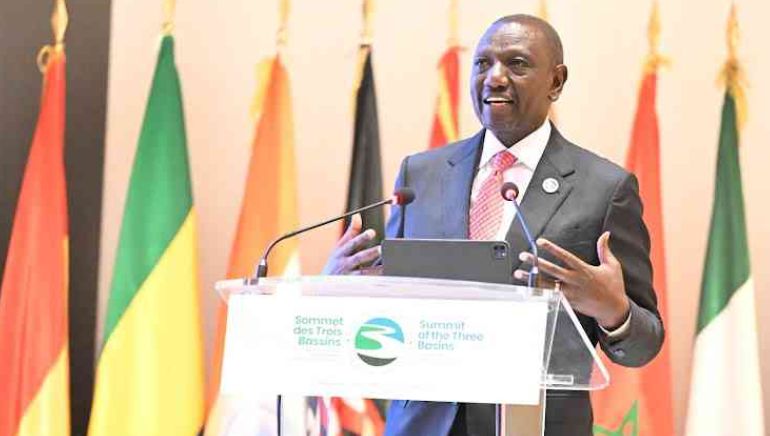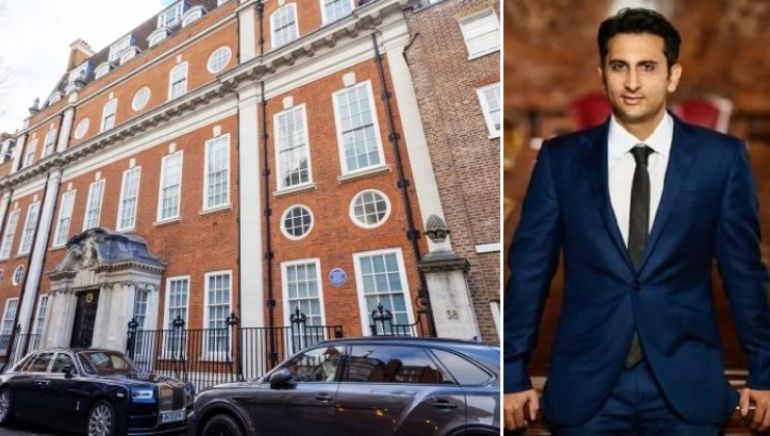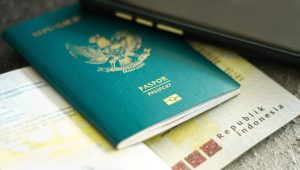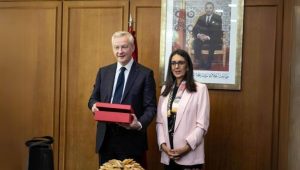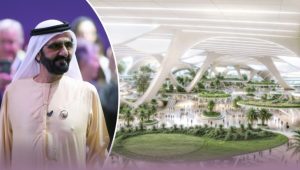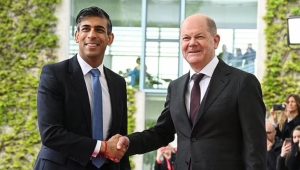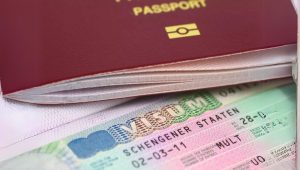The recent UNESCO listing of traditional North African metal craftsmanship has cast a new spotlight on this ancient art form, bringing international recognition and revitalizing interest in a cultural heritage that spans centuries. This acknowledgment by UNESCO underlines the significance of metal art in North Africa’s cultural and historical identity and promises to breathe new life into these traditional practices.
Metal art in North Africa, a skill passed down through generations, is a testament to the region’s rich history and artisanal ingenuity. The art form, encompassing intricate metalwork in gold, silver, copper, and brass, is renowned for its elaborate designs and detailed craftsmanship. It forms an integral part of the cultural fabric in countries like Morocco, Algeria, Tunisia, and Egypt, where artisans create everything from jewelry and household items to ornamental architectural features.
The UNESCO listing is not just a nod to the artistic value of these works; it’s a crucial step in preserving a craft at risk of fading into obscurity. In recent years, the traditional metalworking techniques have been threatened by mass production and a dwindling number of skilled artisans. This international recognition aims to revitalize the craft, encouraging the younger generation to learn and preserve these age-old techniques.
Furthermore, this recognition is anticipated to boost tourism and local economies. It draws global attention to the unique cultural offerings of North Africa, inviting tourists and art connoisseurs to explore the region’s heritage. For local artisans, it provides a much-needed platform to showcase their work on an international stage, potentially opening up new markets.
In summary, UNESCO’s listing of North African metal art is a significant milestone. It not only celebrates a rich cultural heritage but also offers hope for the preservation and continuation of this exquisite art form.





